Small Business Accounting Software: Best Picks for 2024
Choosing the right accounting software is crucial for small businesses to manage finances efficiently. This guide explores the top accounting software options for 2024, providing key features, pros, cons, and pricing.
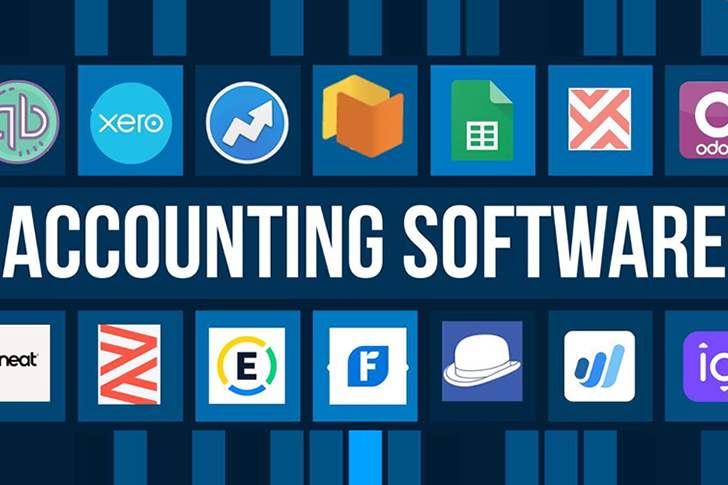
Importance of Accounting Software for Small Businesses
Accounting software simplifies financial management, ensuring accurate bookkeeping, compliance with tax laws, and informed decision-making. Here’s why it’s essential:
Key Benefits
- Efficiency
- Automates routine tasks, saving time and reducing errors.
- Financial Insights
- Provides detailed financial reports and analytics.
- Compliance
- Helps maintain compliance with tax regulations.
- Scalability
- Grows with your business, offering advanced features as needed.
Top Accounting Software for Small Businesses in 2024
Here are the top-rated accounting software options for small businesses in 2024, chosen for their features, ease of use, and affordability.
1. QuickBooks Online
- Features: Invoicing, expense tracking, tax preparation, financial reporting
- Pros: User-friendly, extensive third-party integrations, scalable plans
- Cons: Can be expensive for advanced features
- Price: $25 – $180 per month
2. Xero
- Features: Bank reconciliation, invoicing, inventory management, payroll
- Pros: Intuitive interface, strong mobile app, unlimited users
- Cons: Limited customer support
- Price: $13 – $70 per month
3. FreshBooks
- Features: Invoicing, expense tracking, time tracking, project management
- Pros: Excellent customer service, easy to use, mobile-friendly
- Cons: Limited accounting features compared to competitors
- Price: $15 – $55 per month
4. Wave
- Features: Invoicing, expense tracking, receipt scanning, accounting
- Pros: Free accounting software, intuitive interface
- Cons: Limited advanced features, customer support is limited to email
- Price: Free (with paid add-ons)
5. Zoho Books
- Features: Invoicing, expense tracking, project management, inventory
- Pros: Affordable, integrates well with Zoho suite, strong mobile app
- Cons: Limited third-party integrations
- Price: $20 – $70 per month
Comparison of Top Accounting Software
| Software | Features | Price Range (per month) |
|---|---|---|
| QuickBooks Online | Invoicing, expense tracking, tax preparation | $25 – $180 |
| Xero | Bank reconciliation, invoicing, inventory management | $13 – $70 |
| FreshBooks | Invoicing, expense tracking, time tracking | $15 – $55 |
| Wave | Invoicing, expense tracking, receipt scanning | Free |
| Zoho Books | Invoicing, expense tracking, project management | $20 – $70 |
How to Choose the Right Accounting Software
Key Considerations
- Business Needs
- Assess the specific accounting needs of your business.
- Budget
- Consider both the initial cost and ongoing subscription fees.
- Features
- Ensure the software offers essential features like invoicing, expense tracking, and financial reporting.
- Ease of Use
- Choose software with an intuitive interface to minimize the learning curve.
- Customer Support
- Reliable customer support can be crucial for resolving issues quickly.
Q&A Section
Q: Is free accounting software sufficient for small businesses? A: Free accounting software like Wave can be sufficient for very small businesses or startups with basic needs, but as your business grows, you might require more advanced features that paid software provides.
Q: Can I switch accounting software if my business grows? A: Yes, most accounting software allows you to export your data, making it possible to switch to another platform as your needs evolve.
Q: How secure is online accounting software? A: Reputable accounting software providers use advanced security measures, such as encryption and two-factor authentication, to protect your financial data.
Professional Analysis
Importance of Scalability
Choosing scalable accounting software ensures that it can grow with your business. This means starting with basic features and adding more advanced capabilities as needed, avoiding the hassle of switching software later.
Cost-Benefit Analysis
While free software can save costs initially, investing in a paid solution can provide better support, more features, and improved efficiency, which can save money in the long run.
Tips for Implementing Accounting Software
- Train Your Team
- Ensure everyone using the software understands its features and capabilities.
- Regular Updates
- Keep the software updated to benefit from new features and security improvements.
- Back-Up Data
- Regularly back up your financial data to prevent loss.
Citations
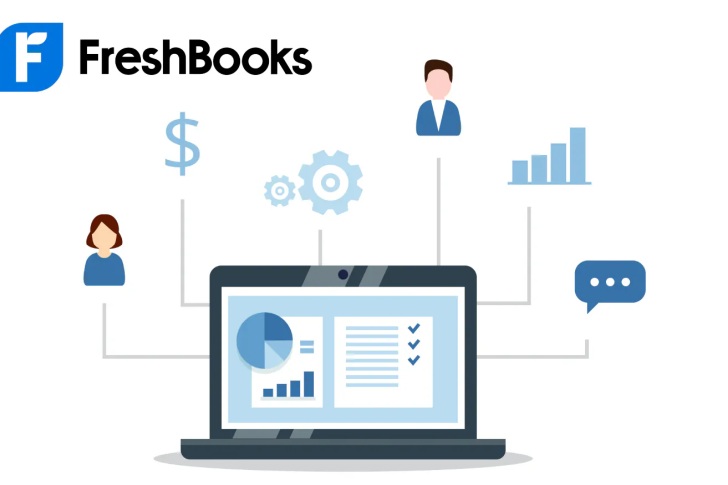
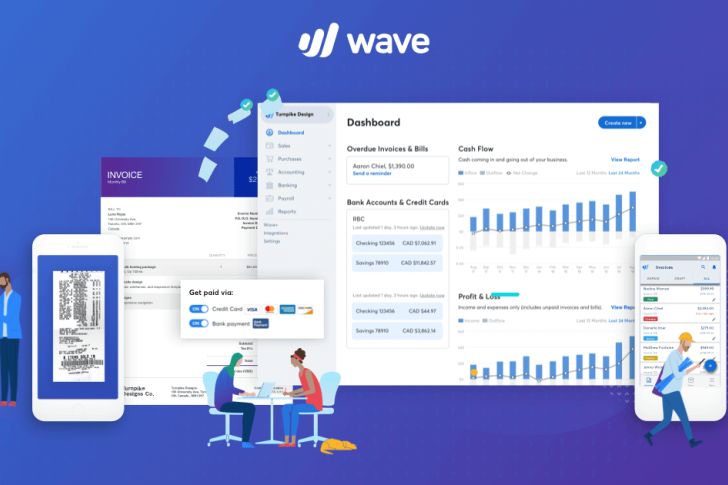
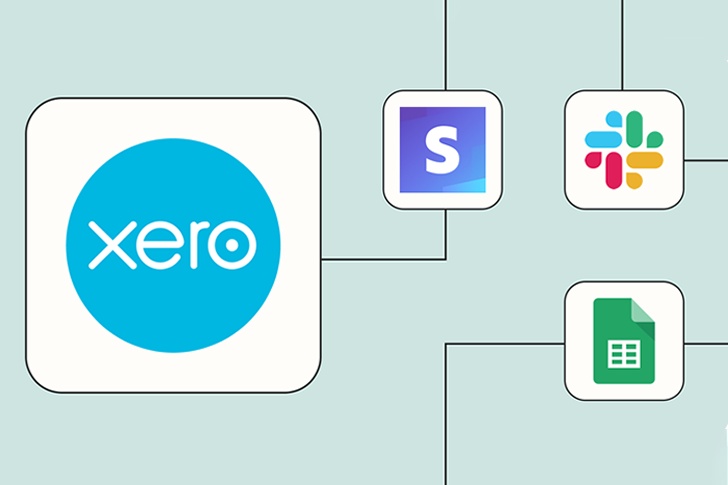
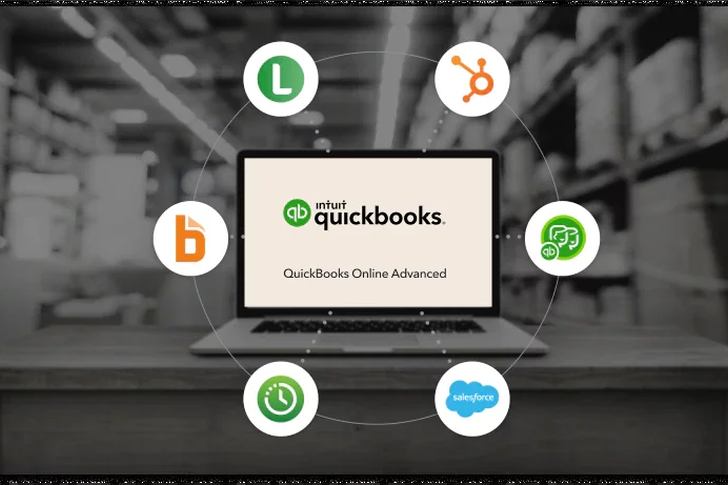







Recent Comments